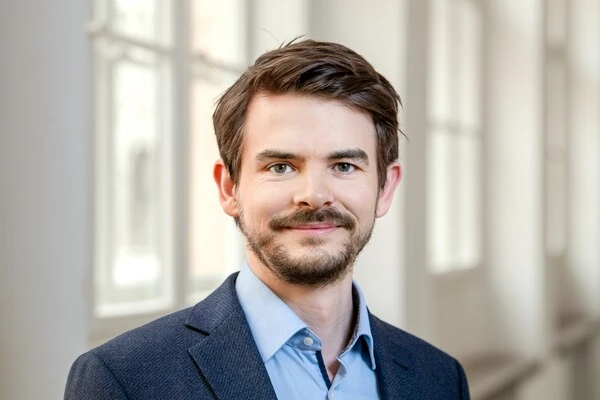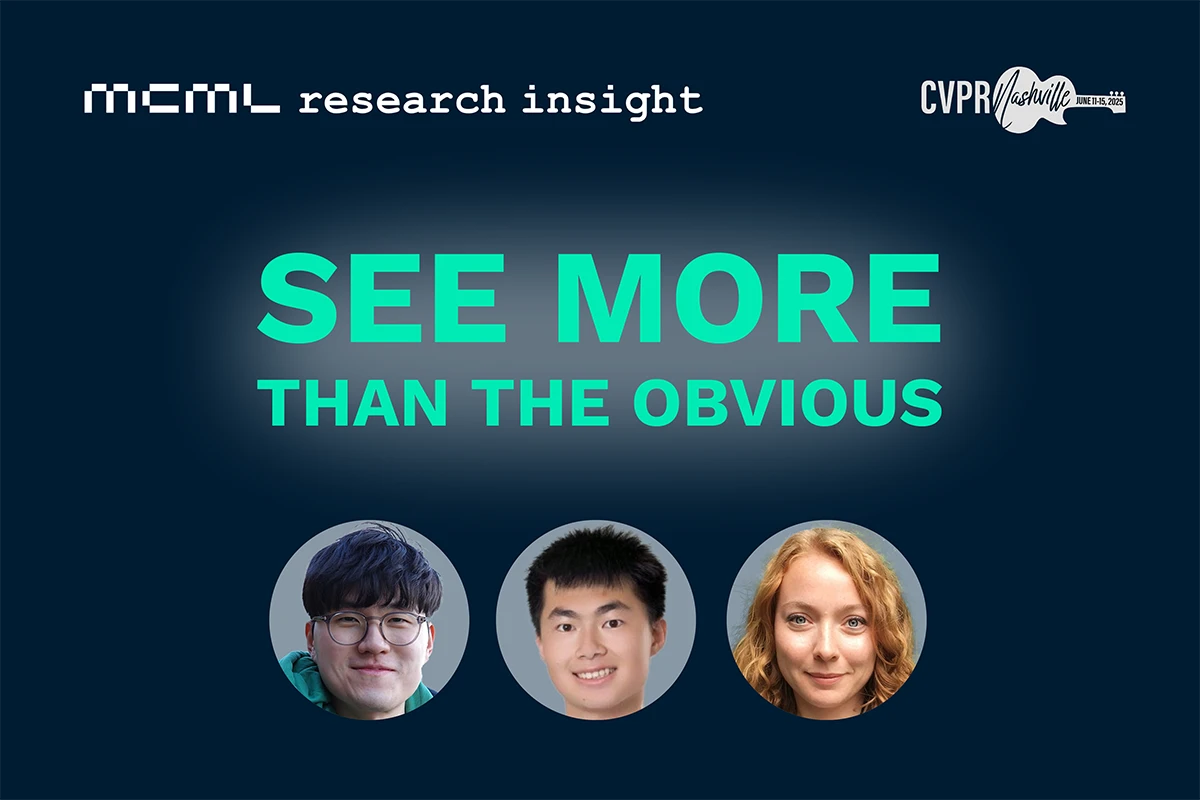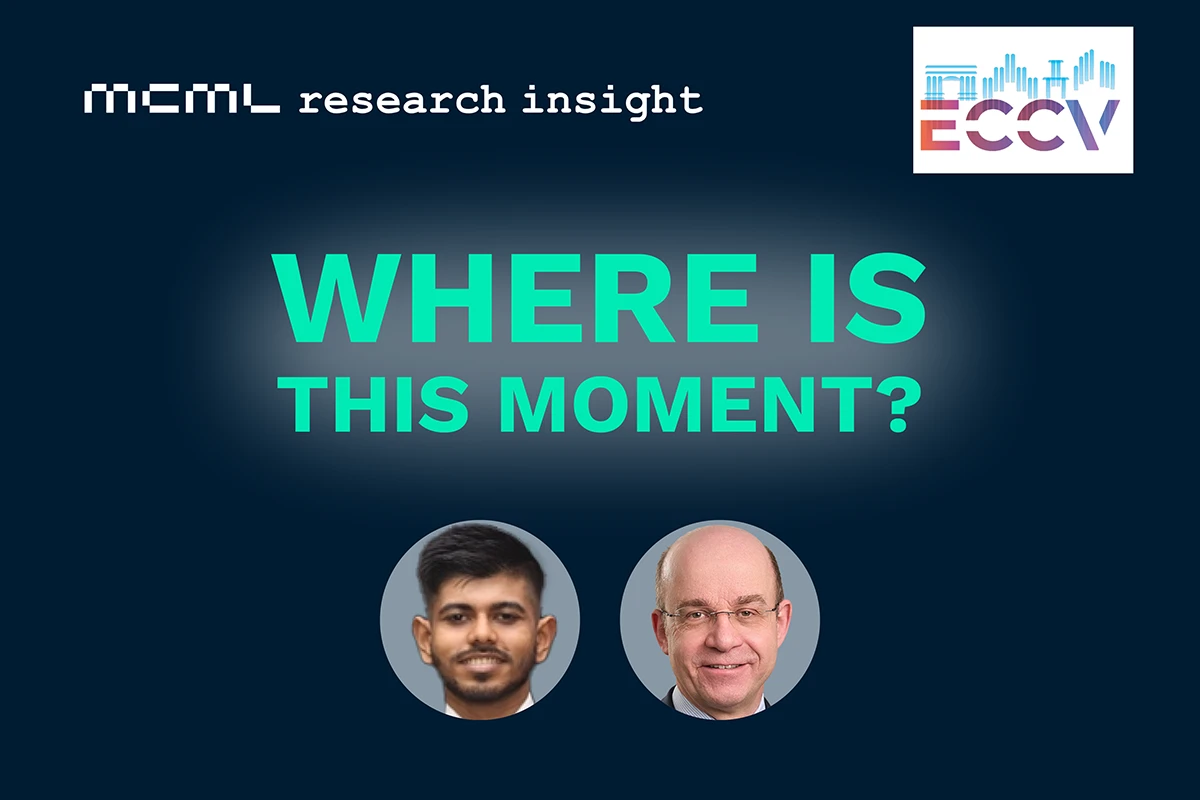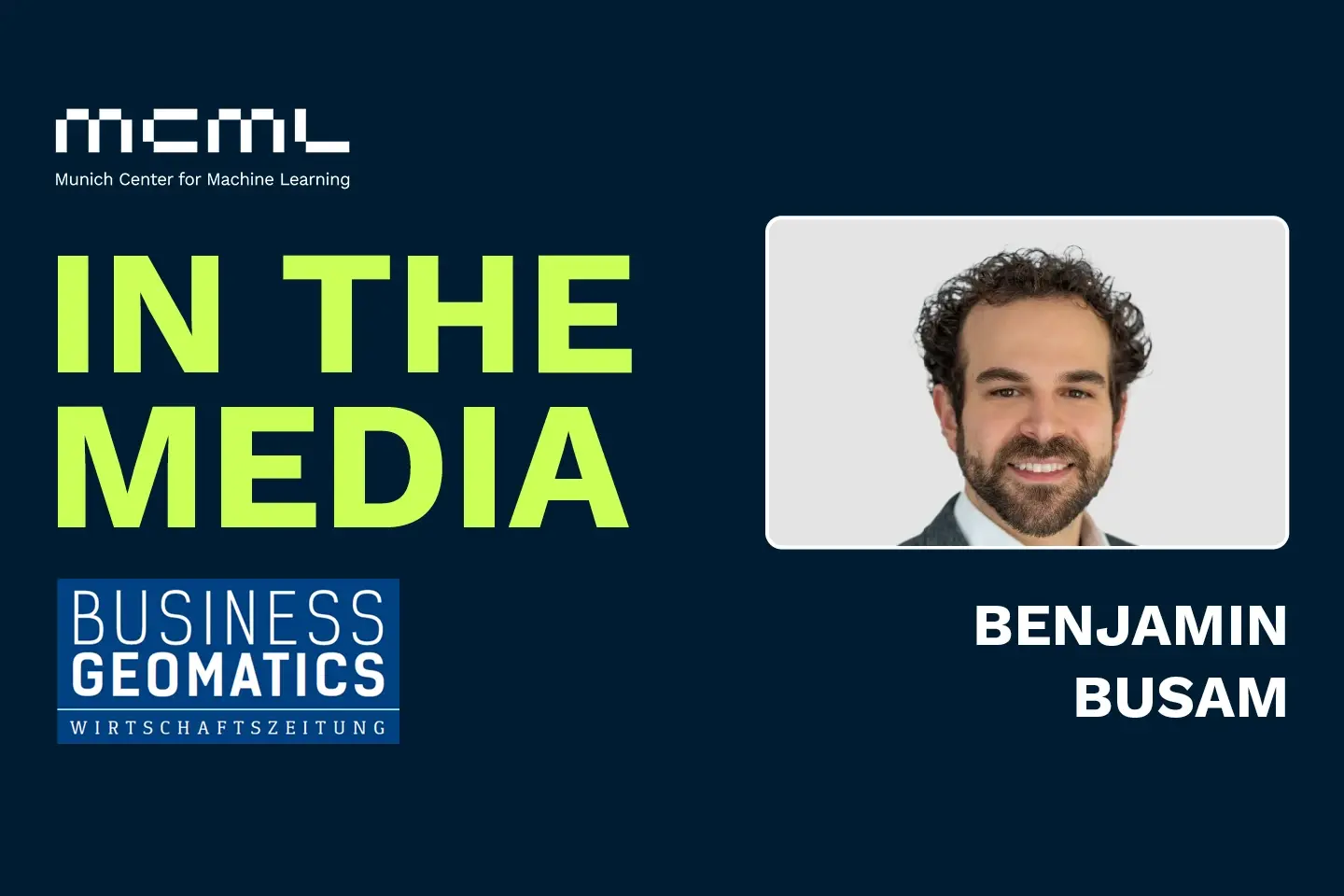18.03.2025

©TUM
New Method Significantly Reduces AI Energy Consumption
TUM News
Researchers at the Technical University of Munich have developed an innovative method that drastically lowers the energy consumption of artificial intelligence systems. The approach optimizes computational efficiency, making AI applications more sustainable and cost-effective.
Our Associate Felix Dietrich emphasized the importance of energy-efficient AI, highlighting its potential to reduce environmental impact while maintaining high-performance capabilities.
«Our method makes it possible to determine the required parameters with minimal computing power. This can make the training of neural networks much faster and, as a result, more energy efficient.»
Felix Dietrich
MCML Associate
Related

24.02.2026
Cosmology: Measuring the Expansion of the Universe With Cosmic Fireworks
Daniel Gruen leads LMU’s campaign on rare SN Winny to refine the Hubble constant and address the Hubble tension in cosmology.

19.02.2026
COSMOS – Teaching Vision-Language Models to Look Beyond the Obvious
Presented at CVPR 2025, COSMOS shows how smarter training helps VLMs learn from details and context, improving AI understanding without larger models.

05.02.2026
Daniel Rückert and Fabian Theis Awarded Google.org AI for Science Grant
Daniel Rueckert and Fabian Theis receive Google.org AI funding to develop multiscale AI models for biomedical disease simulation.

